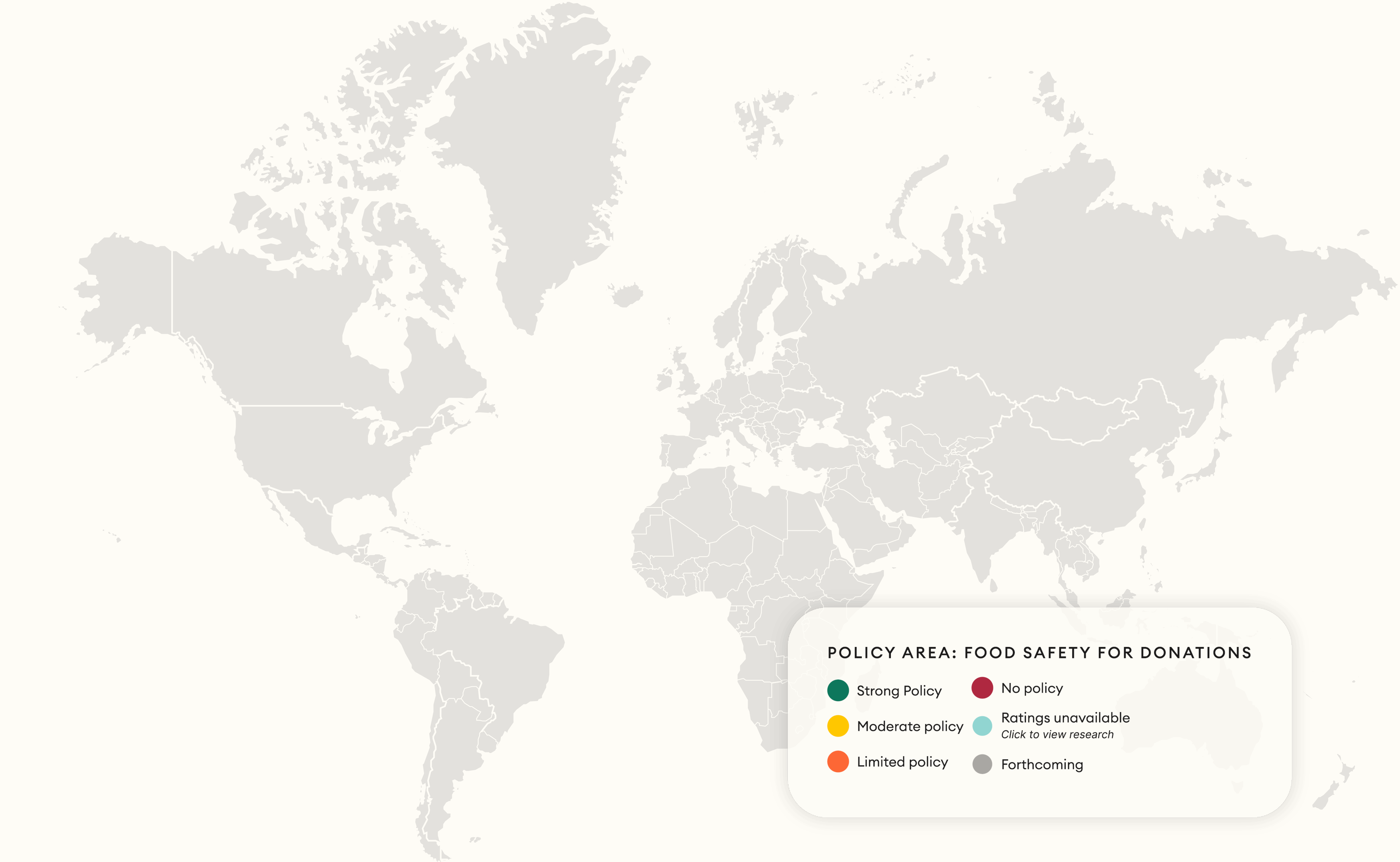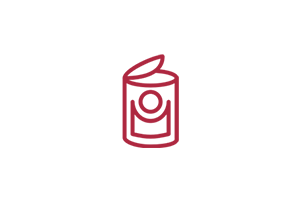Dominican Republic: Policy Highlights and Opportunities
Every week, 1.1 million kilograms of food are lost or wasted along the supply chain in the Dominican Republic, with 93% of food lost in the production phase, alone. If recovered and redistributed, this food could help reduce food insecurity, which affected 10.4% of the population prior to the novel coronavirus (COVID-19) pandemic.
Atlas Research: Dominican Republic
Policy Highlights
Dominican Republic research was published in March 2021 and was made possible with the advice and support of our on-site partners, including Banco de Alimentos de la República Dominicana.
Policy Opportunities and Recommendations




